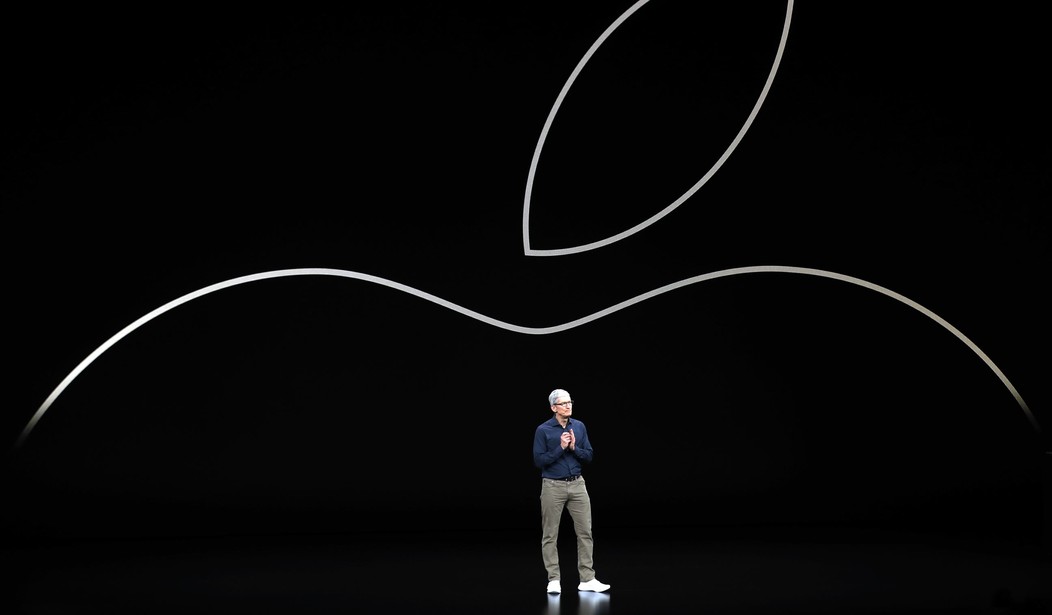The U.S. Congress will soon consider whether to extend the tax cuts enacted in the 2017 Tax Cuts & Jobs Act that are set to expire at the end of 2025. One of those expiring tax cuts grants a preferential, and deeply generous, tax rate for so-called Foreign Derived Intangible Income (FDII), a type of income earned by U.S. multinational corporations that make outsized profits by selling to foreign customers.
The lower tax rate for FDII has enabled Big Tech companies such as Google, Apple, and Amazon to reap billions of dollars in tax benefits, and has caused enormous revenue loss to the U.S. Treasury. This tax break is not worth the dubious benefits that were promised by its supporters.
Instead of handing even bigger handouts to Big Tech, Congress should put America first by centering tax provisions that encourage real investment and job creation in our economy.
The FDII deduction was initially passed to encourage U.S. companies to bring their intellectual property back to the United States. It has done so by providing a preferential tax rate for corporate income derived from the sale of U.S.-patented and trademarked goods and services in foreign markets. So, this means that income that U.S. corporations earn from selling products overseas is taxed at a lower rate than income from selling the same products domestically. This preferential tax treatment allows companies to pay just 13.1 percent taxes for FDII, instead of the statutory rate of 21 percent for domestic corporate income. While the FDII rate is set to “step up” to 16.4 percent after 2025, it still represents a major discount compared to the 21 percent tax rate for domestic income.
FDII also comes at the expense of Main Street businesses who, broadly speaking, are not exporters and therefore cannot claim the deduction. This tax handout for huge multinationals cost the U.S. government at least $53 billion between 2018 and 2023.
Recommended
The companies that benefit the most from this handout, Amazon, Apple, Google, Facebook, have several things in common. Besides being in the technology sector, they were all founded in the last 30 years, and they all enjoy the protections of U.S. law regarding free speech and the free flow of goods while reaping huge tax breaks for their sales to foreign countries. Domestic retail businesses, many of which have been in business for a century or longer, largely do not benefit from this incentive.
American voters know that this policy is wrong.
A new poll by John McLaughlin & Associates, President Trump’s pollster, found that more than three quarters of voters oppose tax subsidies that benefit a small number of billion-dollar technology companies. The poll was conducted among 1,000 general election voters.
Some of the poll’s findings include:
● Voters overwhelmingly agree that our tax code should support innovative small businesses instead of providing billions in subsidies for big tech’s super profits: 85 percent to 6 percent.
● Voters overwhelmingly agree that our tax code should support US manufacturing and jobs, rather than reward big American companies that ship operations overseas: 87 percent to 6 percent.
● Voters overwhelmingly agree that it is unfair for big multinational corporations to exploit offshore havens to avoid paying US taxes, leaving Americans and our small businesses to pick up the bill: 83 percent to 8 percent.
When nearly nine out of 10 Americans agree on something, it is time for the government to pay attention. Tax cuts and incentives are only helpful when they benefit large numbers of Americans.
The American people believe that huge, profitable companies should not be let off the hook. Individuals and small business owners are squeezed by the government for every possible cent, and big tech companies raking in billions of dollars should likewise pay taxes that are commensurate with their income.
These companies’ longevity depends on the protection of the U.S. government and the patronage of American customers. Giving them a tax break that costs ordinary taxpayers so much – simply because they also sell to foreign markets – is as illogical as it is unfair.
Craig Shirley is Chairman of Citizens for the Republic
























Join the conversation as a VIP Member